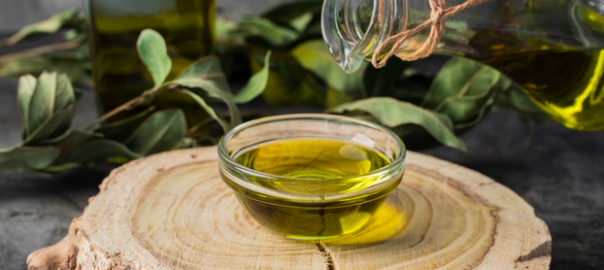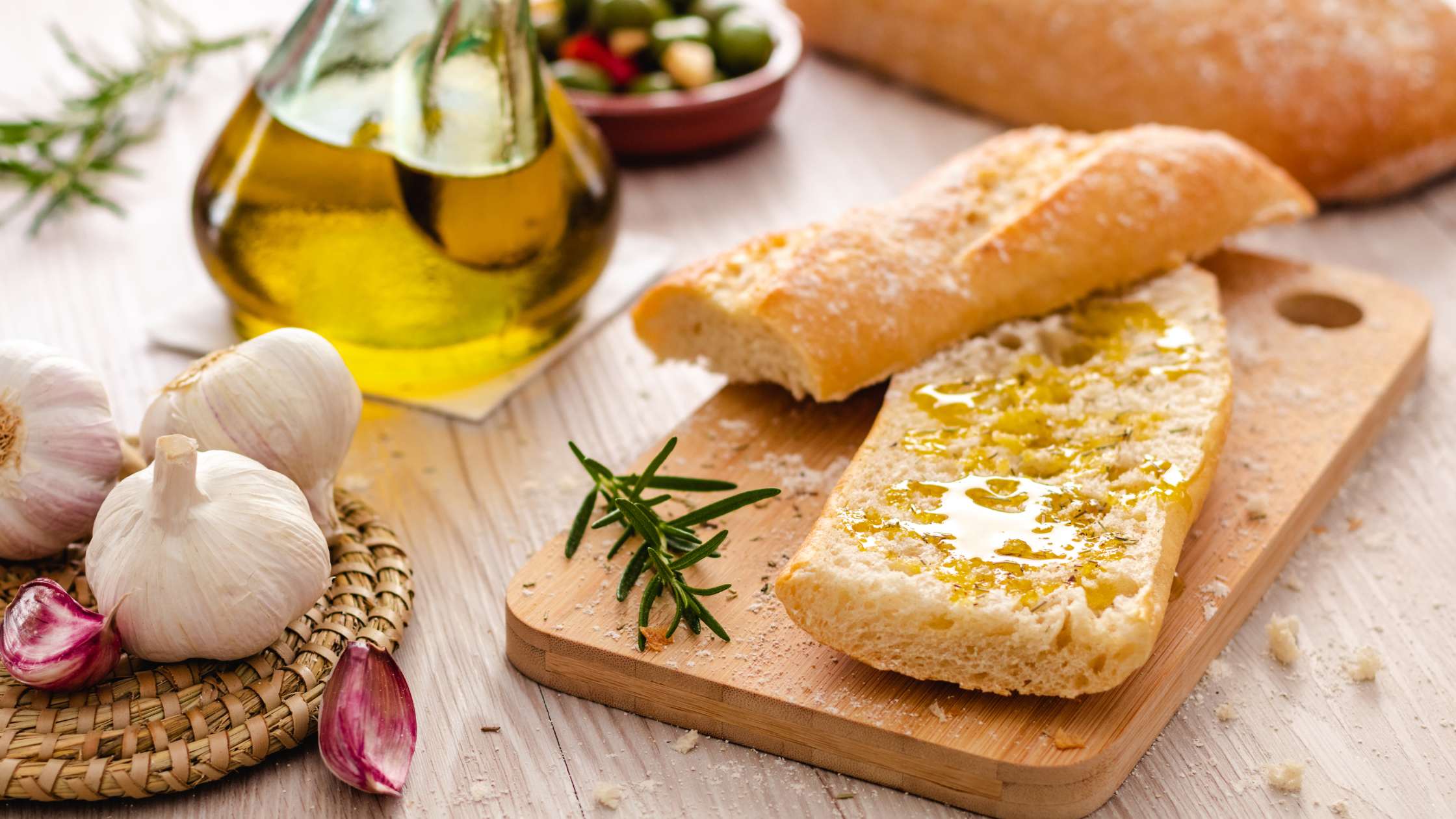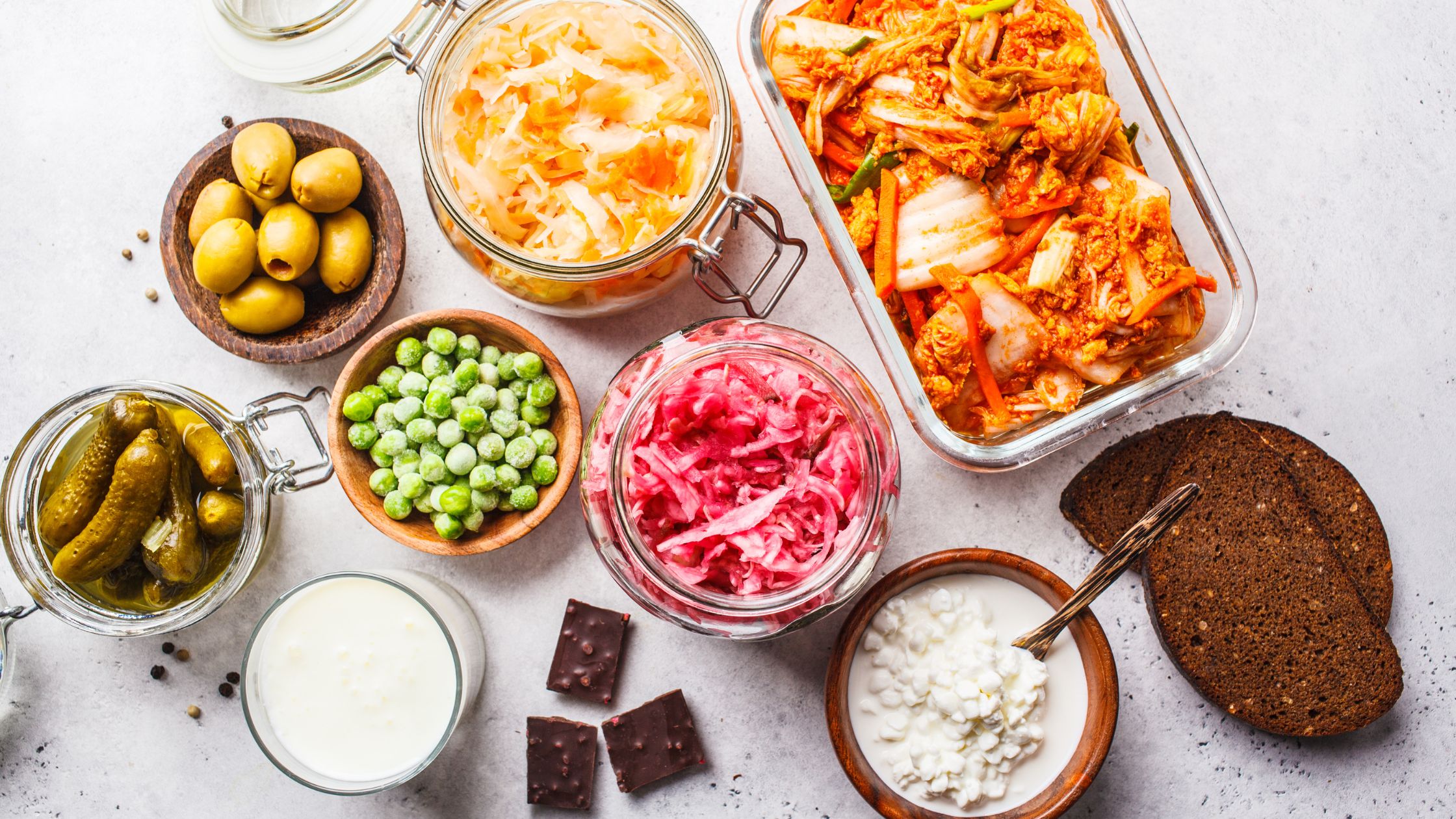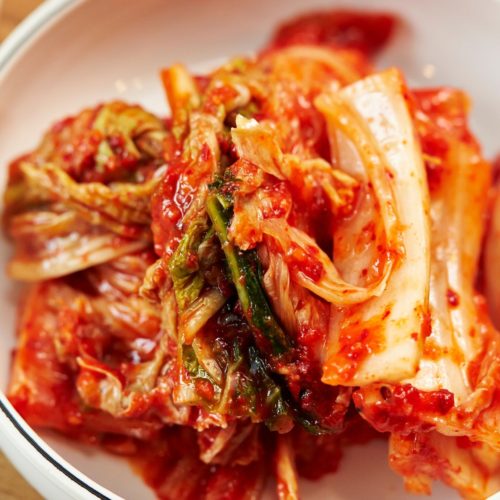Are you a low carber who just can’t seem to get your digestion under control? I know your bloat! I suffered from chronic constipation my entire life. Interestingly enough, so did my father and one of my sisters. Some might chalk it up to genetics, and to some degree this is truth, however, I once heard a saying that made complete sense; “While genetics can load the gun, lifestyle pulls the trigger”. You may have genetic predispositions but lifestyle can turn genes on and off much like a light switch.
There are many signs and symptoms of digestive disruption and if you visit your local health food or vitamin store or throw a post on your favorite forum, you will hear a variety of different remedies from increase your fiber to push the magnesium to drink salt water until you have excruciating cramps. Your elimination does not have to be a violent one so I recommend a gentle enema or vitamin C to bowel tolerance rather than the salt flush.
What is right for one person may not be right for another. It's important to take pause and ask a few questions before simply running out to purchase a remedy that just cleans you out and leaves you wiped out:
- Do I consume enough bacteria and fiber containing foods?
- Do I consume enough foods to support and feed my internal bacteria?
- Do I have slow emptying of the GI Tract? (Is Peristalsis working properly)
- Am I properly hydrated?
- Do I get enough exercise?
- Do I have an exorbitant amount of stress?
- Could I have food allergies?
- Could I have parasites?
- Have I been on several or even recent rounds of antibiotics?
Everyone has a remedy for the symptom but what is the cause? Today, it is believed that we consume far less fiber and bacteria than our ancestral past. Processed foods have taken over the table where in the past fresh produce was carefully and lovingly extracted from our own yards. Previously we sterilized our food less and consumed more bacteria in the form of soil organisms. Remember grabbing a fresh tomato off the vine or a carrot out of the ground, wiping it on your pants or hosing it off and consuming immediately? Yes, these are the friendly organisms we are missing in our diets today. We have a friendly ecosystem and you are approximately 90% bacteria. Every process in the human body relies on bacteria. From vitamin uptake to poop, we need these friendly flora to maintain good health.
One should have a bowel movement 1-3 times daily for optimum health. To this day, I wonder about the person who has a perfect BM 3x daily but I think too much.
Strategies to maintaining bacterial balance for good gut health

Chronic constipation affects almost 63 million people in the United States. In yesterday's blog post we covered understanding signs and symptoms of constipation. Today's post will share more information on strategies to support a healthy gut and rebalance your system.
What is poop? Poop is ¾ water, 1/3 dead bacteria, 1/3 indigestible fibers and the remaining, cholesterol, salts, undigested food and mucus from the lining of the intestines. All of this is highly variable of course because we are all individual in our biochemical make up.
The longer poop sits in the colon, the drier it becomes. When our feces sit in the colon, the body automatically draws the water into the bowels to make a firmer poop but if it sits too long, it becomes dry and just continues to grow causing bloat, pain and general discomfort. At this point, you feel like you’re delivering a baby or as my gluten intolerant daughter would say “muffin poop”. This is scary particularly for children.
By tweaking the diet it is possible to build and maintain a nice poop factory. This can lead to permanent change rather than a temporary daily fix which may rely on over the counter or pharmaceutical solutions. Some suggestions for raising and maintaining a healthy bacterial balance include:
- Lacto fermented foods such as sauerkraut, carrots, beets and pickles from the refrigerated section or homemade to save a few bucks. Be sure your store bought items are clearly labeled “live cultures”
- While we don’t need to count fiber grams, consuming several cups of a variety of vegetables and fruits will provide you the fiber you need. Some fibers are easier to digest than others so choose based on your current status. Some may be able to eat broccoli while others can barely look at broccoli without bloat and an avocado is the only fibrous food they can consume.
- Raw vinegars, Apple Cider and Coconut, are “live” foods and provide beneficial bacteria
- Purchase fresh veggies that are not pre-cleaned and treated and try not to use highly chlorinated water to rinse them. A little vinegar can do the trick with filtered water maintaining the integrity of the soil organisms especially if organic.
- Feed your flora with “prebiotic” resistant starches like jicama, asparagus and jerusalem artichoke to name a few lower carb options. Your bacteria need food too and they consume more sugar than you do but in the form of non-digestible sugars, those you do not digest.
- Use botanicals such as lavender rather than toxic antibacterial soaps. Your skin harbors a large amount of bacteria and this organ absorbs everything as if you were putting these toxins in your mouth.
- Perhaps you have sluggish peristalsis or the movement/contractions of the intestines to move food and subsequent elimination. Some loud vocal gargling or opera style singing can stimulate the vagus nerve to begin movement. This is particularly helpful for those who suffer from delayed gastric emptying.
- Be sure you are not becoming dehydrated. Pushing water isn’t necessary rather monitoring your activity/thirst levels are more important. You obtain water in foods too so don’t forget to chew your water!
- If you sit all day, try to do some form of movement. It really doesn’t matter whether you’re rebounding or marathon running, the activity is your choice. Just move!
- You have more neurons in your gut than your brain. If you are suffering from stress, this has a direct impact on the smooth running of your digestive tract (this is referred to as the “gut brain axis”). Consider trying some stress reducing activities such as deep breathing, meditation, guided imagery, or yoga.
- Have you been tested for food allergies? Gluten is historically a “muffin poop” builder, consider removing gluten completely from your diet and see if that makes a difference for your system. If that doesn’t help, you might consider an elimination diet with the guidance of a holistic practitioner to determine if any foods are contributing to your digestive distress.
- Most parasites, other than Giardia, can contribute to constipation. We all have the potential to suffer from these unwanted bugs that use us a “life host.” Consider using a botanical such as wormwood and black walnut every 3 months or so to combat these little parasites. Some are more difficult than others to eliminate but with proper stomach acid and enough anti-parasitic food chemicals, these bacteria might check in but they won’t stay too long.
- Last, and probably one of the most important issues we face today, is the over-use of antibiotics. Not the prescription you needed for a bout of strep throat or that horrid sinus infection, but rather the overwhelming amount of antibiotics in the food and water supply. If you are not consuming 100% organically grown pastured animals, you are receiving small doses of antibiotics via meat and dairy. Over time, this can lead to devastating of your internal eco system.
This is a small window into your internal garden. We’ve only touched on one small aspect of digestive distress; check back tomorrow for some more information about a healthy digestive system and a delicious recipe to help repopulate beneficial bacteria in your gut.
Bristol Stool Scale

Now let's talk about a delicious way to support good gut health which in turn promotes healthy bowel movements.
Before I share the recipe I'd like to take a moment to remind you that constipation is a condition where someone has hard, difficult-to-pass bowel movements or produces less than three bowel movements a week. Chronic constipation affects somewhere between 12-19% of the U.S. population.
One way to determine what type of BMs you are having is to look at the different levels of the Bristol Stool Scale. According to the scale there are seven different types of stool:
- 1: Separate hard lumps, like nuts (hard to pass)
- 2: Sausage-shaped, but lumpy
- 3: Like a sausage but with cracks on its surface
- 4: Like a sausage or snake, smooth and soft
- 5: Soft blobs with clear cut edges (passed easily)
- 6: Fluffy pieces with ragged edges, a mushy stool
- 7: Watery, no solid pieces. Entirely liquid
Types 1–2 indicate constipation, 3 and 4 are ideal stools as they are easy to pass and do not contain excess liquid while the remaining levels tend toward diarrhea.
As mentioned in yesterday's post, adding live, or lacto-fermented, foods is a great way to help support gut health and better elimination. These can be purchased through a company such as Fab Ferments, or made easily and inexpensively at home. Below is a delicious lacto fermented recipe.
Diarrhea
Diarrhea is another gastrointestinal health issue that can be challenging to deal with. There are several reasons why you can develop diarrhea:
- A viral infection - washing your hands and practicing good hygiene can help reduce this possibility.
- Eating spoiled food - usually your senses can help you identify if food has gone off through sight, smell, or taste. If you have any concerns about the safety of the food do not eat it. When in doubt, throw it out.
- Traveling to a foreign country - in some countries drinking the water may expose you to other bacteria that your system is not used to. Avoid drinking tap or running water and choose only boiled water. It's also a good idea to bring probiotics with you to help support gut health when traveling.
If you are experiencing chronic diarrhea that lasts for days it is important to call your doctor or seek medical attention to make sure things don't get worse. The following foods should be avoided if you have diarrhea as they can contribute to the issue and make it worse:
- Alcohol
- Artificial sweeteners
- Beans and other legumes
- Coffee
- Corn
- Cruciferous vegetables - broccoli, Brussels sprouts, cabbage, cauliflower
- Dairy products
- Fried or fatty foods
- Juices, especially prune juice
- Soda and other sugary beverages
- Spicy foods
- Sugar alcohols - any sweetener ending in an -ol such as sorbitol
When dealing with diarrhea it is helpful to add nourishing foods that can be supportive for the gut which may help firm up your stool. It's also critical to ensure that you are focused on
getting enough hydration to replenish your fluids and prevent dehydration.
The B.R.A.T. Diet (bananas, applesauce, rice, toast) is no longer recommended as it is a high sugar, carb heavy diet that is not nourishing. It can also be very difficult to stick to. Nourishing foods to add to the diet for diarrhea include:

- Cooked vegetables, not raw
- Foods high in soluble fiber such as oats, carrots, and apples. Apples have pectin and fiber, when choosing applesauce both are significantly reduced.
- Lean proteins like eggs, fish, and chicken as opposed to more challenging proteins like beef or pork.
- Probiotic-rich foods to help replenish the gut bacteria. These include kimchi, sauerkraut, and plain yogurt. These should only be taken in moderation as too much can reverse the situation and contribute to diarrhea.
Conclusion
Holistic strategies for managing constipation and diarrhea are about more than just making adjustments to your diet. The goal is to embrace nourishing foods and avoid dietary triggers. It is possible to balance your digestive system and have a normal poop every day through mindful attention to your diet.
If you need support with your gut and elimination health be sure to reach out to a holistic health practitioner for support and guidance based on your bio-individual needs and specific health condition.
If you are dealing with excessive, chronic constipation or diarrhea, be sure to follow up with a doctor or other medical professional, to ensure there is not a more serious medical issue going on.
Below is a delicious lacto fermented recipe.
Kimchi
- 1 Head Organic Green Cabbage
- 1 Head Organic Purple Cabbage
- 1 Cup Shredded Organic Carrot
- 6 Cloves Garlic Minced
- 8 Large Organic Radishes Sliced Thin
- 2 Heaping Tbs. Shredded Ginger or More to Taste
- 2 Tbs. Sea Salt
- 1 Tsp. Dry Chili Flakes
Cut cabbage into bite-sized pieces.
In a ceramic bowl or stockpot, combine cabbage, garlic, ginger, salt, and chili flakes.
Pound the ingredients with a wooden mallet to "bruise" and break them down.
Add remaining ingredients, stir well.
Transfer the mixture into quart-sized mason jars.
As you add it to the jar, use a wooden spoon or mallet to compress the kimchi until liquid rises to the top.
Leave about one inch from the jar's top, cover tightly.
Store at room temperature for 3-4 days, then refrigerate.
For optimal results, use a wide-mouth canning jar air lock fermenter.
Enjoy your homemade, cost-effective fermented vegetables rich in beneficial bacteria!
Misty Humphrey contributed to this article. As a Holistic Nutrition Educator she specializes in metabolic syndrome and digestion.










